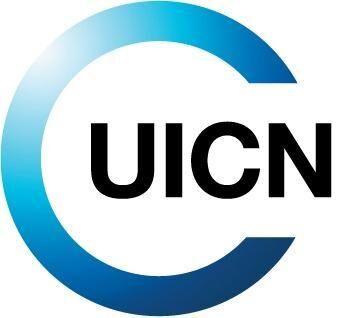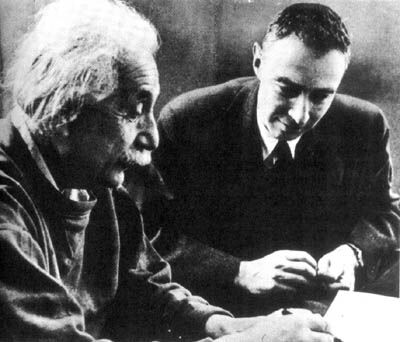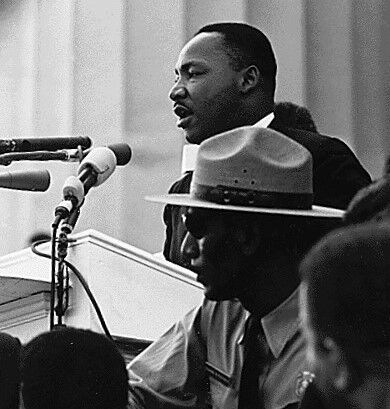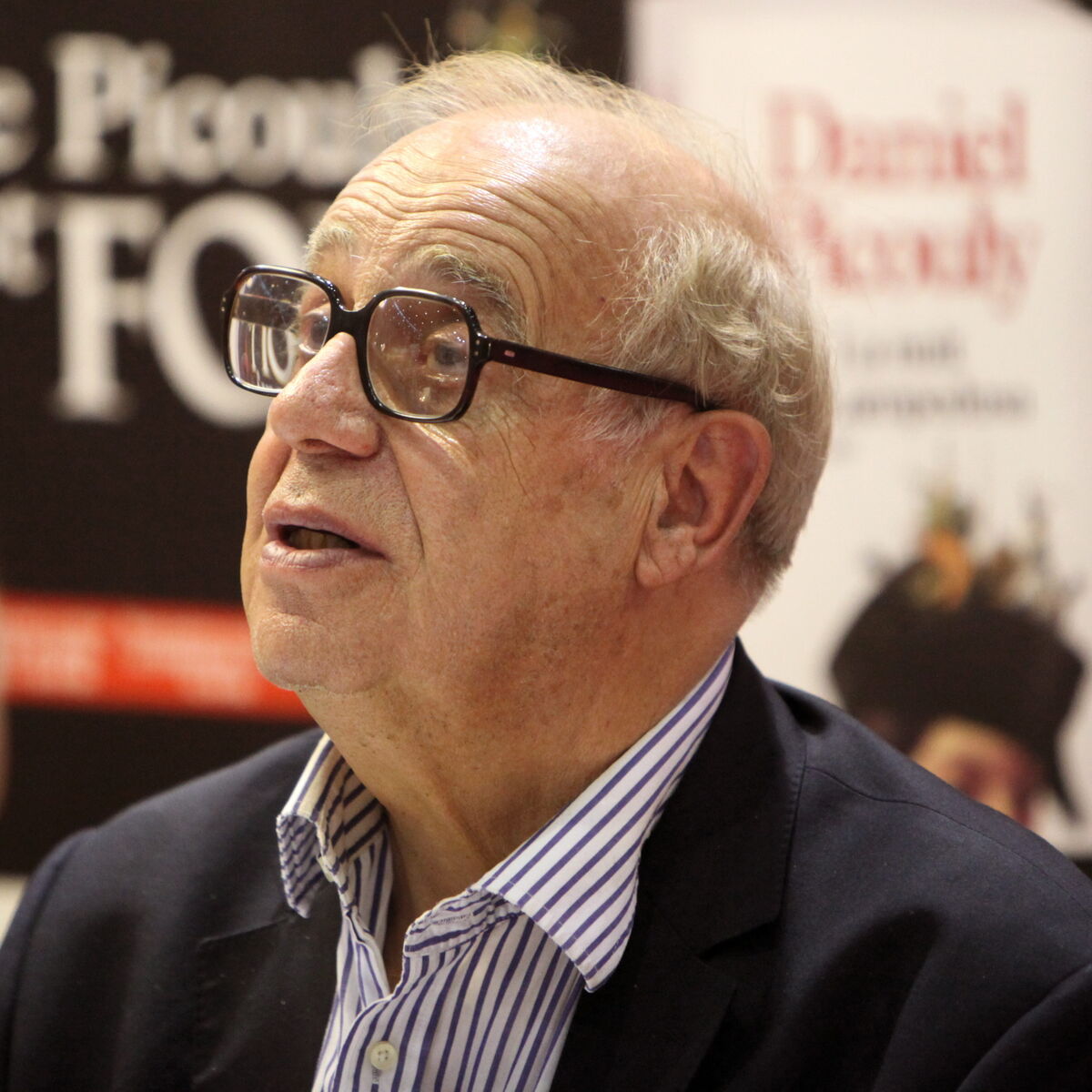The concepts covered in this factsheet go beyond those seen in secondary school. It is intended as a supplement for those who are curious to find out more.
There are still people today who are humanists, who are inspired by humanist ideas and adhere to this current of thought and the values associated with it.
Humanism defends a number of values, such as human dignity, equality, freedom, critical thinking, tolerance, fraternity, knowledge, respect for human beings and respect for the environment.
Modern humanists campaign for a better, more open and respectful world. They have great faith in mankind and want to raise awareness of a number of issues:
- cultural and ethnic diversity
- religion
- access to employment
- the environment.
Albert Einstein was a German-born American physicist born in 1879. Known worldwide for his theory of relativity (E=mc2), he is also recognised as a humanist. Indeed, throughout his life, he was involved in a number of pacifist causes.
In the spring of 1933, while in Germany, Einstein witnessed the anti-Semitic measures taken by the Nazi party. As honorary president of the League against Anti-Semitism, he strongly denounced these actions and tried to raise public awareness of what he described as ‘acts of brutal force and oppression [...] against the Jews [...]’. Some time later, Einstein decided to leave Germany for the United States.
In the United States, Albert Einstein observed the context of racial discrimination, which he considered very unfair. He campaigned for civil rights and fought against racism. He refused to associate himself with universities that practised segregation and worked to ensure that black children had access to knowledge.
During the Cold War, he took a stand against the arms race, calling on people to seek another means of achieving peace. He also published a text denouncing McCarthyism in the United States during this period, which earned him the title of ‘Enemy of America’ by Joseph McCarthy.
Martin Luther King Jr was born in 1929 in the US state of Georgia. He was a non-violent campaigner for civil rights, peace and against poverty. In 1955, he became the spokesman for the civil rights movement in the United States. He organised several actions to improve the rights of ethnic minorities (voting rights, desegregation).
In 1963, Martin Luther King Jr led a campaign for civil rights. It was in Washington, in August, that he gave his famous speech entitled I have a dream. The following year he was awarded the Nobel Peace Prize.
He was assassinated in 1968 at the age of 39. Since the early 1980s, Martin Luther King Jr's birthday has been commemorated in the United States. The third Monday in January is a public holiday, Martin Luther King Day.
Born in Winnipeg, Manitoba, Terry Fox is a keen sportsman. At the age of 18, he was diagnosed with bone cancer. His right leg had to be amputated more than 15 centimetres above the knee.
During his stay in hospital, Terry Fox sees the suffering of other cancer patients. This prompted him to embark on an impressive run to raise money for cancer research. He plans to run across Canada from east to west. The Marathon of Hope began in April 1980. Terry Fox wanted to run 42 kilometres a day across every Canadian province, a distance equivalent to a marathon.
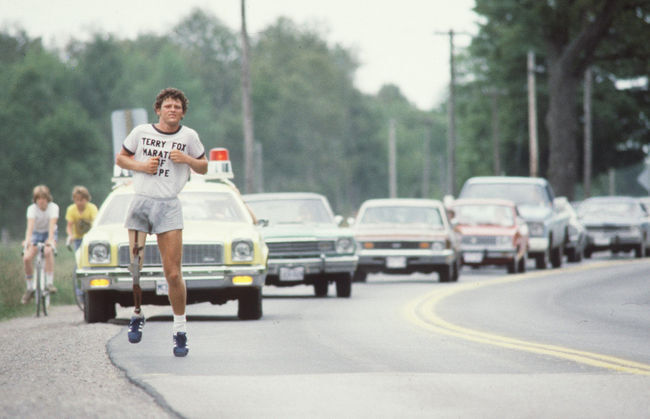
Terry Fox during the Marathon of Hope
Starting out in Newfoundland, Terry Fox had to stop his race in Eastern Ontario in September 1980 because cancer had spread to his lungs. He died on 28 June 1981, aged 22.
To date, over $650 million has been raised in Terry Fox's name for cancer research.
Jean Ziegler was born in Switzerland in 1934. He is a politician, sociologist and author. He was Special Rapporteur on the Right to Food for the United Nations Human Rights Council in 2000. He has written numerous books on the issue of world food. According to him, ‘world agriculture can today feed 12 billion people [...] A child who dies of hunger is a child who is murdered’.
Ziegler is also the author of several books on globalisation, which he regards as a crime.
Humanists also try to help people who are suffering and living in misery (often as a result of war, famine or natural disaster). This is the case of several humanitarian organisations. Other international organisations aim to protect the environment.
It was founded in 1863 with the mission of helping soldiers wounded in battle, regardless of which side they were on. Today, the Red Cross helps vulnerable people around the world. Humanitarian aid is based on respect for human dignity.

The Red Cross responded to Lac-Mégantic in 2013
Founded in France in 1971, this organisation works around the world to vaccinate populations, perform surgery and train doctors and other medical staff.

Doctors Without Borders logo
Note: English image coming soon
Amnesty International is an organisation that intervenes when human rights are violated. It also defends political prisoners, campaigns against the use of child soldiers and any other practices it deems cruel or degrading to human beings (torture, death penalty, etc.).
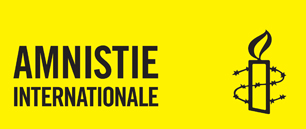
Amnesty International logo
Note: English image coming soon
Probably the best-known environmental organisation, Greenpeace uses peaceful struggle to promote environmental protection. For example, it takes part in various demonstrations and puts pressure on companies and governments to prevent environmental degradation.
Among other things, it campaigns to stop certain practices:
- whaling
- nuclear testing
- the dumping of radioactive waste in the sea.

The Arctic Sunrise, one of the Greenpeace boats
In existence since 1948, it is made up of states, governmental and non-governmental organisations and scientists. Its aim is to support countries in their efforts to protect the environment and encourage the sustainable use of natural resources.
